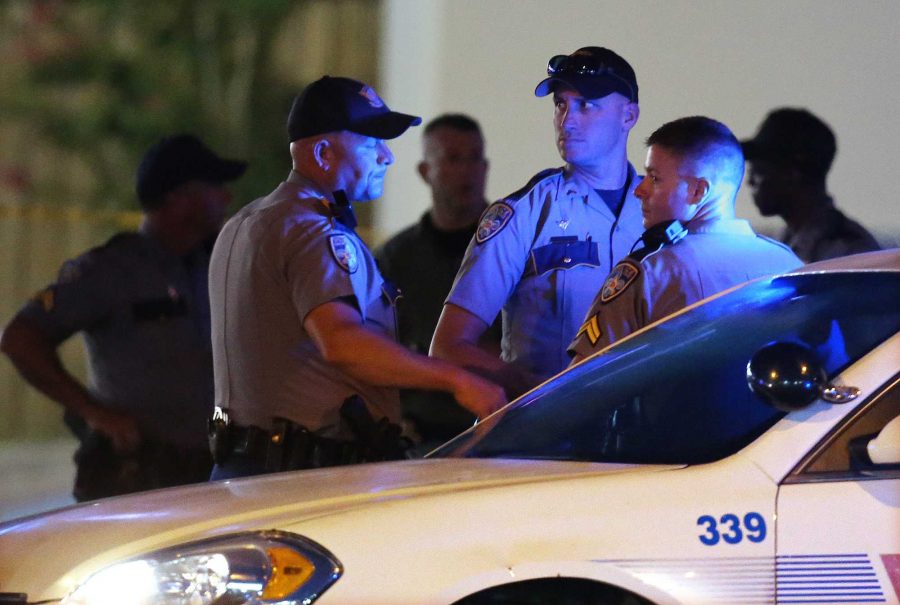Marcus Brown
In Baton Rouge, Louisiana, three police officers were killed and three injured on Sunday morning following the weeks of protest over the death of Alton Sterling, who was killed by Baton Rouge police. The first instinct may be to attribute this to the largely fictional war on police spoken of in lieu of citing an imminent race war that would justify detracting from the Black Lives Matter movement. President Obama issued a statement to denounce the recent assaults on law enforcement, but in his rush to speak against the violence, Obama overlooked an important part of the issue.
In his statement, Obama made the usual sweeping, conciliatory speech expected of this country’s democratically elected leader, but in particular, two of the statements he made were incorrect. The president stated that “attacks on the police are an attack on all of us” and that “these attacks are the works of cowards who speak for no one.”
On the surface, these seem like agreeable and logical statements to make, especially when at some level it is true that undermining the government’s ability to enforce the law undermines the government as a whole. However, to unilaterally equate the people who enforce the law with the people under their jurisdiction is a lofty sentiment, and to say that misguided assailants such as Micah Xavier Johnson, the shooter from the police shooting in Dallas, speak for no one is false.
I do not intend to justify the killing of police officers. It does not solve the problem of institutionalized racism through which law enforcement can often act as a vessel, but its futility does not mitigate the fact that law enforcement provides the perfect scapegoat for the marginalized, discontent, and isolated. Those who fit that description are the people similar to Johnson, the litany of white, male mass shooters, and “radicalized” home-grown terrorists speak for, and I would not say these are the people most likely to feel burdened by the loss of police life.
A Huffington Post article pointed out that Johnson is notable because he illustrated that the archetype of the unhinged lone shooter with vague grievances is no longer reserved for white males. There is a larger issue that is often overshadowed by attempts to find some tangible, solvable motivation.
The issue is that people are picking up guns and killing innocent people indiscriminately, and we as a country waste so much time trying to analyze and dissect each individual motive that we fail to see that more often, their motives are irrelevant.
Again, I am not trying to justify the shooting of police officers, but it would appear that recent bloodshed could do more for the progress of much needed gun-control reform than the years of senseless violence preceding it. Case in point: Steve Loomis, the head of the Cleveland Police Union and the same man who blamed unarmed 12-year-old Tamir Rice for his own shooting death by Cleveland police in 2014, requesting open-carry laws be suspended and a state of emergency be declared in Ohio during the Republican National Convention as a result of the recent shootings. It appears that the shootings of children, churchgoers, and all the unarmed black men aren’t enough to make the problems in this country apparent, but is reassuring in some way that to know that there is a line that cannot be crossed. I’m just sad to see that the line seems to be demarcated by a police uniform and not black skin or whether the victim had reached puberty yet.



